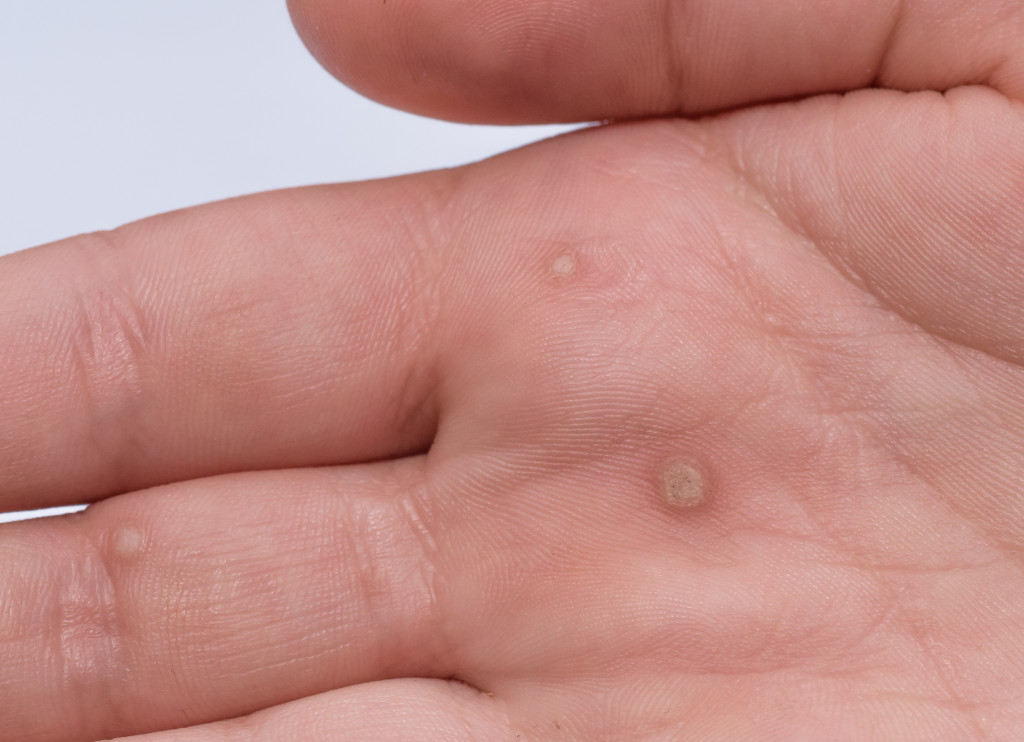- Cancer is a complex group of diseases caused by the uncontrolled growth and division of abnormal cells.
- Certain diseases increase the risk of developing cancer, including HPV, Hepatitis B and C, Lynch Syndrome, IBD, and AIDS.
- Vaccinations can help reduce the risk of HPV-related cancers.
- Early detection and treatment are essential to increasing the prognosis of cancer.
- Healthy lifestyle choices such as a balanced diet, regular exercise, no smoking or drinking, and staying up-to-date with vaccines can help reduce cancer risk.
Cancer is a complex disease that affects millions of people around the world. While many factors contribute to cancer development, some diseases can increase your risk of developing the condition. Here’s what you need to know about the disease and how you can deal with it in the future.
What You Need to Know About Cancer?
Cancer is a disease that leads to uncontrolled growth and division of abnormal cells. Normal cells in the body have a specific life cycle, where they grow, divide, and eventually die in a controlled manner. However, cancer cells evade this normal process and continue to divide and accumulate, forming a tissue mass called a tumor.
There are two main types of tumors: benign and malignant. Benign tumors are non-cancerous and do not spread to other body parts. They can usually be removed and are not life-threatening. On the other hand, malignant tumors are cancerous and have the potential to invade nearby tissues and spread to distant parts of the body through the bloodstream or lymphatic system. This process is called metastasis.
Here is a closer look at five diseases linked to cancer. From viral infections to genetic disorders, understanding the link between these diseases and cancer can help you take steps toward prevention and early detection.

Human Papillomavirus (HPV)
HPV is a common viral infection that affects both men and women. While most people contracting HPV will clear the virus without symptoms or long-term health effects, some strains can lead to cancer. HPV has been linked to several types of cancer, including cervical, anal, and throat cancer. The good news is that a vaccine can protect against many strains of HPV, which can help reduce your risk of developing these types of cancer.
Hepatitis B and C
Hepatitis B and C are viral infections that can cause liver damage and increase your risk of developing liver cancer. While there is no cure for these infections, treatments available can help manage the symptoms and slow the progression of the disease.
Lynch Syndrome
Lynch Syndrome is a genetic disorder that increases your risk of developing several types of cancer, including colorectal, endometrial, and ovarian cancer. If you have Lynch Syndrome, it’s important to start cancer screening at a younger age and have more frequent screenings than the general population.
Inflammatory Bowel Disease (IBD)
IBD is a condition that inflames the digestive tract. Two main types of IBD are Crohn’s disease and ulcerative colitis. Both conditions have been linked to an increased risk of developing colorectal cancer. If you have IBD, your doctor may recommend more frequent colonoscopies to monitor for any signs of cancer.
Acquired Immunodeficiency Syndrome (AIDS)
AIDS is caused by the human immunodeficiency virus (HIV) that attacks the immune system. People with AIDS have a weakened immune system, which can increase their risk of developing certain types of cancers, including Kaposi sarcoma and non-Hodgkin’s lymphoma. Early detection and treatment of HIV can help reduce the risk of developing these types of cancer.
How to Deal With Cancer
Dealing with cancer can help you deal with these diseases and lower your risk of developing cancer. Taking the necessary steps to prevent the disease can help reduce your chances of developing it in the future, while early detection and treatment can help improve your prognosis.
Here are some tips for dealing with cancer:

Urgent Care
Cancer can be life-threatening, so you must seek urgent care if you experience any signs or symptoms. Early detection and diagnosis can make a big difference in your prognosis. Certain medical brands like Crosspointe Medical Clinic can provide necessary care without spending too much money. These brands also have the necessary equipment and treatment procedures for cancer.
Education and Support
Educating yourself about cancer can help you understand the disease and how to manage it. Seeking support from family, friends, and healthcare providers can also provide emotional support during this difficult time. Additionally, many organizations and online communities are dedicated to helping people with cancer find resources and connect with other survivors.
Regular Screening
Regular screening for early detection is strongly recommended if you’re at increased risk of developing certain types of cancer due to a preexisting health condition or family history. Talk to your doctor about the right screenings based on your risk factors.
Healthy Lifestyle
Making healthy lifestyle choices can help reduce your risk of developing certain types of cancer. Eating a balanced diet, exercising regularly, avoiding smoking and excessive alcohol use, and getting enough sleep are all essential steps to reducing risk. Additionally, staying up-to-date on recommended vaccinations can help protect you from certain viruses that may increase your cancer risk.
Cancer is a complex disease with many possible causes and treatments. Understanding the link between certain diseases and cancer can help you take steps toward prevention and early detection. Taking preventive measures, such as regular screenings and healthy lifestyle choices, can help reduce your risk of developing the condition. If you are at an increased risk due to a family history or preexisting health conditions, talk to your doctor about which screenings are right for you.